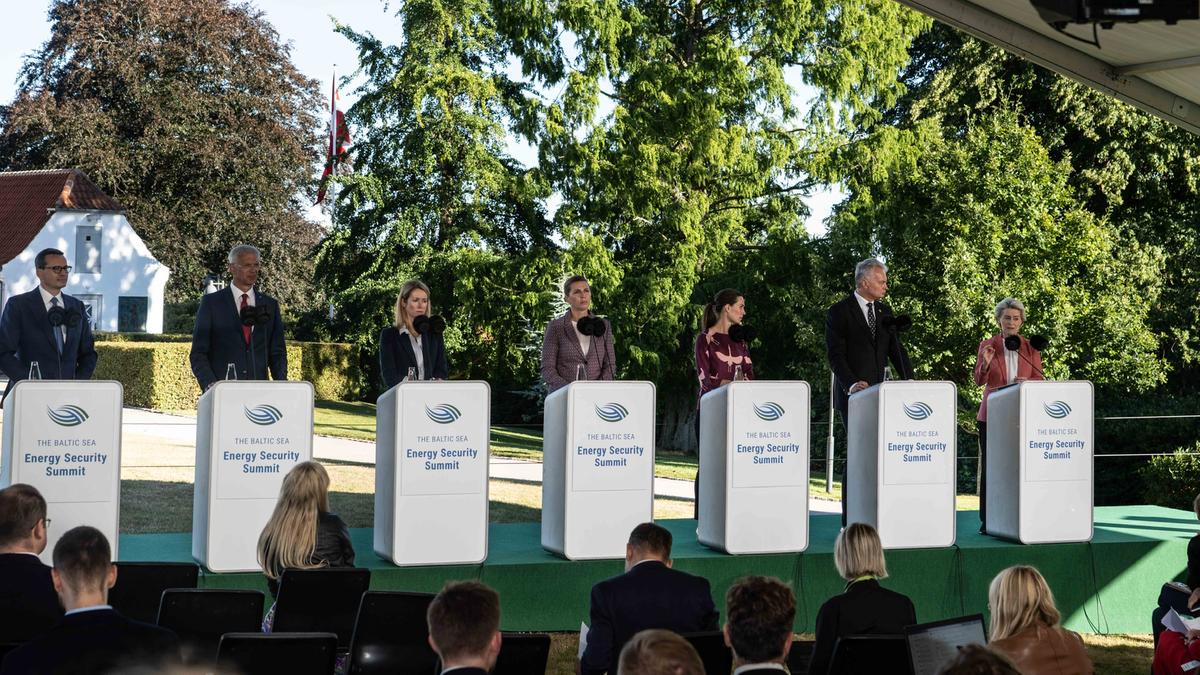Harnessing the Baltic Sea’s offshore energy potential
Read more about key catalysts and European paths to harnessing the Baltic Sea’s offshore energy potential
News
Offshore wind
Energy storage
Green financing
+3


Denmark and its neighbours around the Baltic Sea, Sweden, Finland, Germany, Poland, Latvia, Lithuania and Estonia, signed a declaration on 30 August that aims to rapidly expand their offshore wind power capacity. The ambition is to have 19.6 GW of offshore wind capacity by 2030 – a sevenfold increase compared to the current 2.8 GW.
The expansion of renewable energy in the Baltic Sea will bolster energy security in the region as an important step to becoming independent from Russian energy imports. The Marienborg Declaration further recognises the substantial potential for offshore wind power in the Baltic Sea basin, reaching up to 93 GW, positioning the Baltic Sea as a crucial green vessel toward an energy-resilient and climate-neutral Europe. In addition to the potential for offshore wind, the Baltic Sea also boasts the potential for adding more grid connections between the countries’ electricity systems.
By working together on cross-border energy projects and technological integration, the EU Member States across the Baltic Sea take action on offshore wind development and synchronisation of power grids in the region. To deliver on this, strong cooperation between TSOs is crucial to ensure coordinated grid planning. Furthermore, the activation of market-based actors and private competence is vital in order to overcome barriers and secure a swift, cost-effective and commercially viable integration of offshore wind energy. Concerted initiatives to strengthen cooperation at the political level have played a significant role in this regard. For instance, The Baltic Energy Market Interconnection Plan (BEMIP) has set out to achieve an open and integrated energy market between EU Member States in the Baltic Sea region. Similarly, other regional fora, such as the Council of the Baltic Sea States, the Nordic Council, and the North Seas Energy Cooperation, are ensuring efficient, collective and immediate action.
Only days before the summit, Denmark and Germany agreed to expand the Energy Island of Bornholm and connect a cable from Germany to it. This means that the energy island will be able to supply millions of German and Danish households with green electricity in 2030. Read more about how the landmark energy project between Denmark and Germany can supply up to 4.5 million European homes with green electricity.
events
Carbon capture, storage and utilisation
+4